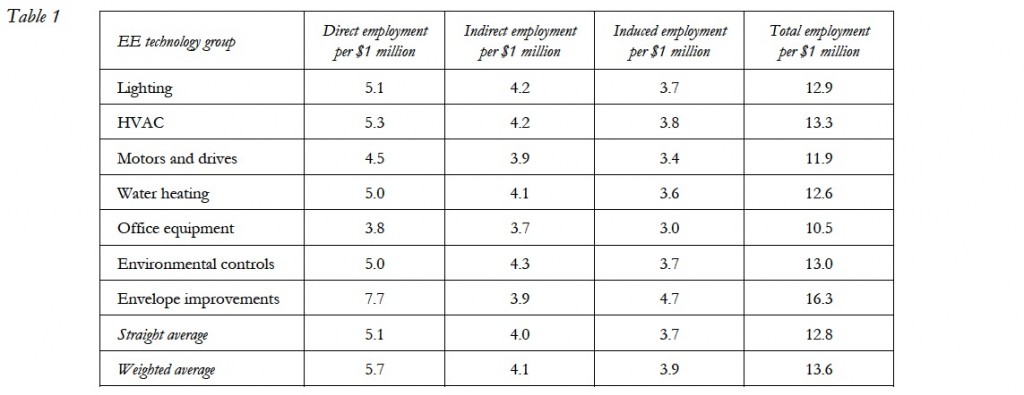POLITICAL ECONOMY RESEARCH INSTITUTE
INTRODUCTION
Policies that encourage the improvement of existing commercial and multifamily buildings have long been a priority of the U.S. Green Building Council (USGBC), The Real Estate Roundtable (RER), the Natural Resources Defense Council (NRDC) and their members. Years of collaboration among these leading real estate and efficiency advocacy organizations have led to consensus on particular policies and strategies that could benefit these components of the building sector and the related industries that serve them.
In February, President Obama announced the Better Buildings Initiative (BBI) – a suite of legislative proposals and executive actions aimed at reducing energy consumption in commercial buildings by twenty percent by the year 2020. This initiative encompasses several of the priorities advocated by USGBC, RER, and NRDC – notably, tax incentives for the improvement of the energy performance of existing buildings and the availability of financing for these improvements.
ANALYZING THE JOB CREATION POTENTIAL OF THE BBI
In order the pursue the shared agenda of improving energy efficiency in commercial and multifamily buildings, USGBC, RER, and NRDC commissioned the Political Economy Research Institute (PERI) to conduct an analysis of the Better Buildings Initiative and assess its potential to create jobs. The results of this analysis show:
- The Better Buildings Initiative would create more than 114,000 jobs.
- The greatest jobs-creating impact – over 77,000 new jobs – would derive from a revised tax incentive to encourage building retrofits.
- New job creation would ripple throughout the economy. New jobs would be created directly at construction sites, which in turn would spur more jobs in the manufacturing and service sectors.
- The Better Buildings Initiative’s federal incentives are an investment to trigger private sector spending, which in turn produces widespread benefits. For example, tax incentives would encourage at least three times as much private investment to make buildings more efficient.
- Businesses would save over $1.4 billion in energy bills as a result of retrofit projects spurred by the tax incentive, which would in turn be re-injected back into the economy.
The methodology, assumptions, and detailed results can be found in the appendix of this report.
The jobs created by the proposal would be in many industries, including many services that occur in the building locality, including:
- Lighting manufacturing and installation,
- Heating, ventilating, and air conditioning equipment manufacturing and installation,
- Water heating manufacturing and installation,
- Motors and drives manufacturing and installation,
- Office equipment (computers, copiers, telephones, etc) manufacturing and installation,
- Control system manufacturing and installation,
- Building envelope component (windows, doors, insulation, roofing, paints, coatings, etc) manufacturing and installation,
- Building operations, maintenance and commissioning.
…
CONCLUSION
The pursuit of energy efficiency in commercial and multifamily buildings would lead to more than 114,000 new jobs in many industries hard hit by the recession. The President’s Better Buildings Initiative seeks to tap into that job creation potential with a suite of policies designed to encourage the pursuit of energy efficiency. Chief amongst the potential job creators is the redesign of the tax deduction for energy efficiency commercial buildings as proposed by USGBC, RER, and NRDC, followed by a loan guarantee program for financing retrofits and the grant programs of the BBI. The Administration and Congress should work expediently to implement these policies and jumpstart the new retrofit economy in the country’s largest buildings.
About the Political Economy Research Institute
www.peri.umass.edu
“The Political Economy Research Institute (PERI) promotes human and ecological well-being through our original research. Our approach is to translate what we learn into workable policy proposals that are capable of improving life on our planet today and in the future. In the words of the late Professor Robert Heilbroner, we at PERI ’strive to make a workable science out of morality.’”
Tags: BBI, Better Buildings Initiative, Natural Resources Defense Council, NRDC, PERI, Political Economy Research Institute, RER, The Real Estate Roundtable, U.S. Green Building Council, USGBC







 RSS Feed
RSS Feed